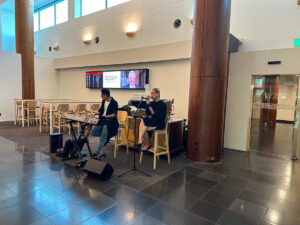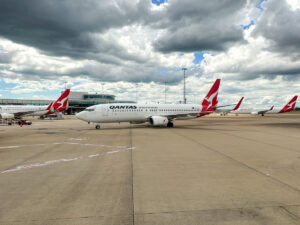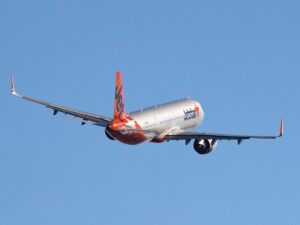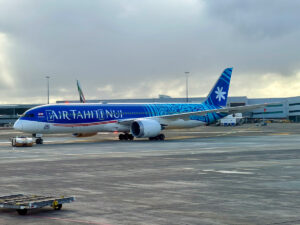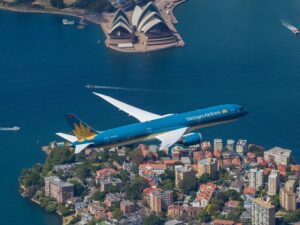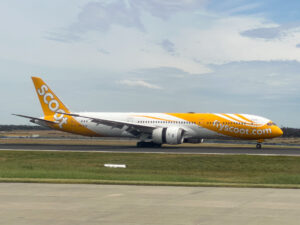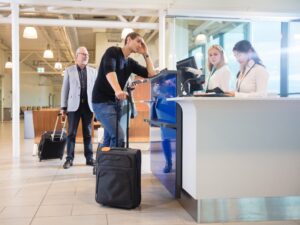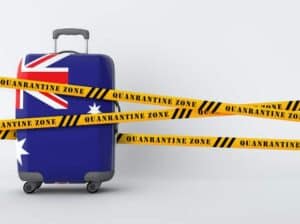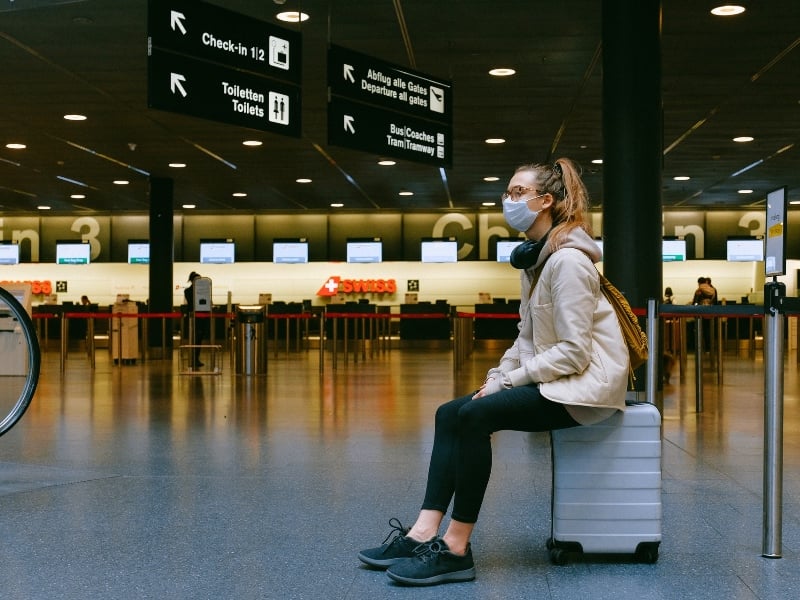
There are currently thousands of Australians that are still stranded overseas and are desperately trying to get home.
Many of their stories have come out in the media over recent weeks. Perhaps the most extreme stories have come from Australians stuck in Peru, after the Peruvian government imposed a national lockdown at short notice. It was simply not possible for most Australians in Peru to leave in time – for a myriad of reasons. Some were in remote locations and didn’t receive the news in time. Others were unable to travel to Lima’s international airport at such short notice. And even some people that did make it to the airport were unable to leave amid the chaotic scenes as all of the departing flights were full.
But that hasn’t stopped some armchair critics from blaming the Australians stuck overseas for getting themselves into this predicament. For example, here are just a few of the many Facebook comments on this Sydney Morning Herald article about an Australian couple that have been in South America since last July and are now stuck there…
Get a life, the Government has a lot of other things to worry about.
Taxpayer money should not be spent to evacuate people who are stuck in South America by their own choices, they assessed their own risks, made a decision to holiday in the midst of a viral outbreak, and that the best option is for them to stay put and ride out the pandemic.
They had plenty of time to change their plans and come home
How is this even a story? They knew the risks and they simply have to pay their way home.
I am personally very disappointed to see so many comments such as these on social media, and elsewhere. Yes, some Australians chose to travel overseas after the coronavirus became a known event. And yes, some people have ignored advice and taken unnecessary risks. But the vast majority of Australians that are now returning to Australia and heading into quarantine – or are still overseas and trying to get home – got caught up in this situation suddenly and through no fault of their own.
The last few weeks may feel like an eternity. So it’s easy to forget that the Department of Foreign Affairs & Trade (DFAT) only started advising Australians to reconsider their need to travel overseas since 13 March 2020. That’s just over two weeks ago. The later announcement that Australians overseas should return home as soon as possible only came on 17 March, and DFAT updated its travel advice for all countries to “do not travel” on 18 March.
By this time, some countries had already started imposing lockdowns and travel restrictions – often with little or no warning – and airlines had already begun cancelling flights and grounding planes. Just a week later, the UAE, Singapore, Hong Kong and Taiwan – home to major transit hubs – were already closed to transiting passengers. Now, Qatar Airways remains one of the only major international airlines still flying a near-full schedule.
In most cases, there was enough warning for tourists to get home. Indeed, tens of thousands of Australians have already returned over recent weeks. But for travellers in some parts of the world, there was not enough time.
You also need to consider that some people had planned to stay overseas longer term, and have houses, belongings or even jobs in another country. For those people, it may not be possible just to get on a plane tomorrow and return to Australia for an unknown amount of time.
With the benefit of hindsight, of course those stuck overseas would have come home sooner – or not left the country in the first place.
Everything happened extremely quickly, and in the days before it became too difficult to get home, most people did not have enough information to make an informed decision. I know this because I was overseas myself when the situation began to spiral out of control. For some travellers, vital information arrived too late. And the information that was available was often inconsistent. The fact that some Australian embassies are now closed due to local government restrictions is not helpful.
Many of those overseas had left Australia well before COVID-19 was a known event. Some had been overseas already for months or even years. To make things more difficult, most travel insurance policies became void as soon as the Australian government updated its travel warning for the entire world “do not travel” – something it did with no warning.
Most of those stranded overseas were insured and are not expecting the government to have to “bail them out”. They are trying to get out on commercial flights at their own expense. Many had in fact already booked flights that were cancelled at the last minute by their airline, or due to unexpected government restrictions.
Unfortunately, in some places such as Peru, Argentina or Russia, it’s simply not possible to book a commercial flight to anywhere right now because all international flights are banned. And not everyone has the means to charter a private jet.
A charter flight from Peru to Australia was recently organised by Chimu Adventures in conjunction with DFAT. This flight arrived in Sydney on Tuesday morning. Tickets were not cheap, costing between $5,162 and $10,872 per passenger. But even many Australians that could afford a ticket were unable to buy one because the flight was fully booked.
I can tell you from my own experience that the fear of not knowing whether you’ll get home is very real. Most of the Australians stranded overseas are doing everything they can to try to get home, but they are faced with hurdles that nobody could have predicted. For them, it’s anything but a holiday.
It’s very easy to criticise others from the comfort of your armchair without knowing their circumstances. But instead of blaming those Australians that are now stuck in awful situations around the world, try putting yourself in their shoes and showing some empathy.

